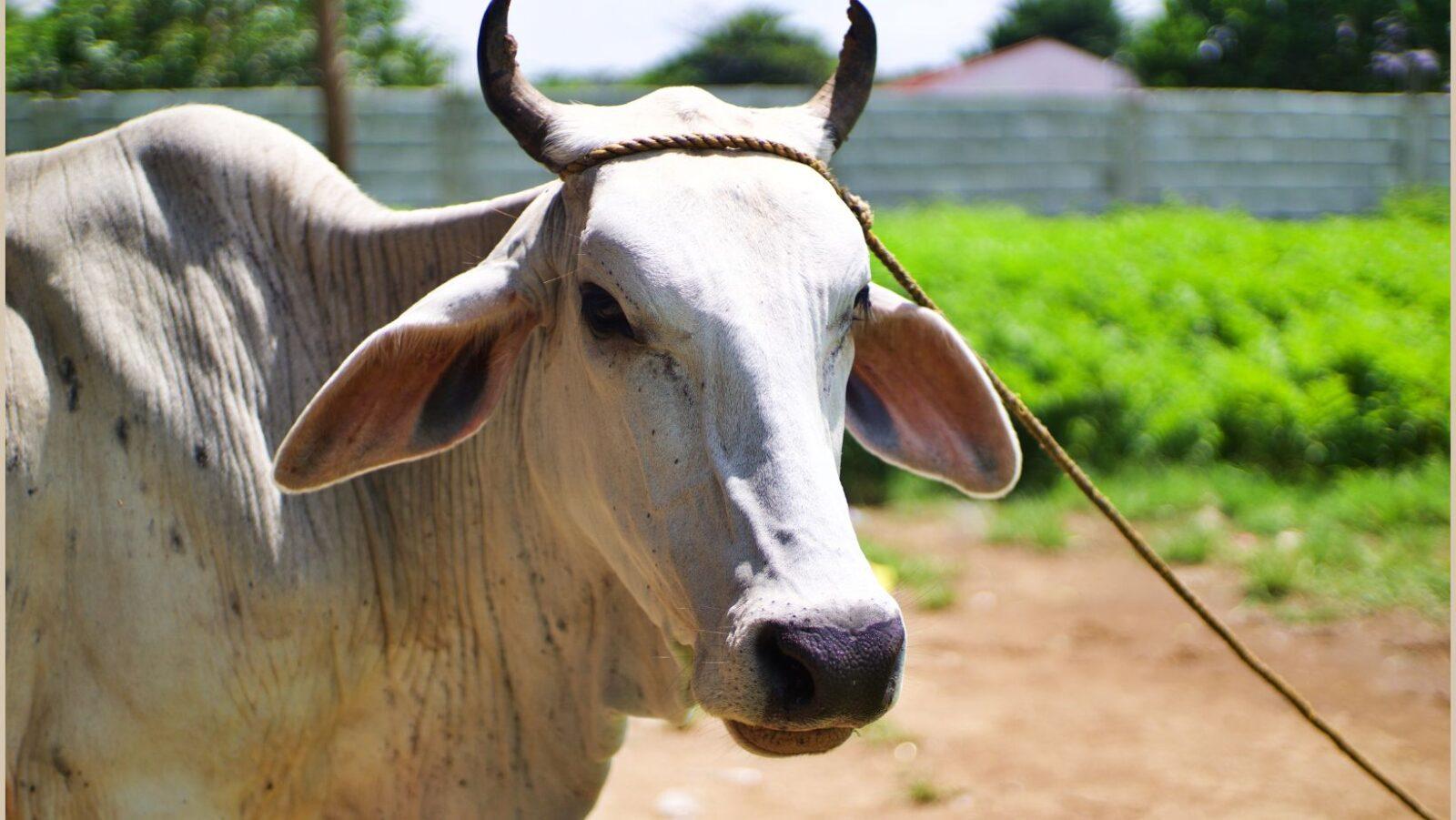
The Philippine Space Agency (PhilSA) conducted a three-day PINAS Workshop and Training on Space Science and Technology Applications (SSTA) for Disaster Risk Reduction and Management (DRRM) from April 23 to 25, 2025 in Malolos City, Bulacan.
Representatives from the Bulacan Provincial Disaster Risk Reduction and Management Office (PDRRMO), local government units (LGUs), and provincial offices participated in the training, which focused on space data mobilization in strengthening DRRM efforts. Participants gained practical knowledge on flood mapping and monitoring, drought assessment, ground motion monitoring, and impact assessment using remote sensing and geographic information systems. Through a series of hands-on exercises, they produced optical- and radar-based flood and drought maps.
To further support their initiatives, participating institutions received a geospatial data package containing land cover classification maps, satellite imagery, and agricultural drought outlook maps, among others. Participants were also introduced to open-source and freely available satellite data, particularly Sentinel-2 imagery from the Copernicus program, which they can integrate into their programs.
In support of sustainable planning and decision-making, Mr. Roberts Marinas from the Department of Human Settlements and Urban Development (DHSUD) discussed the role of SSTA in climate change adaptation, emphasizing the development of the Climate and Disaster Risk Assessment (CDRA). The CDRA aims to assess the potential impacts of hazards on communities and their assets, providing crucial insights for resilience-building.
The training also featured technical presentations on remote sensing applications for DRRM, drone operations and their practical uses, and the importance of integrating field data into spatial analysis. Participatory mapping activities were conducted to identify key environmental, agricultural, and DRRM concerns across different areas in Bulacan.
This initiative reflects the growing collaboration between national agencies and local governments, highlighting the critical role of space technology in building more resilient, adaptive, and data-driven communities.
Establishing linkages for local DRRM initiatives
The PINAS Bulacan Workshop and Training was made possible through the collaboration between PhilSA and the Provincial Government of Bulacan, particularly the support of the PDRRMO, which initiated the request for partnership and specialized training. This initiative highlights the critical importance of strengthening linkages between national agencies and local governments to advance the application of SSTA in DRRM, ultimately building more resilient and adaptive communities.
Representing Governor Daniel R. Fernando, Atty. Nikki Manuel Coronel, Chief of Staff, emphasized the critical role of science-based approaches in deepening the understanding of our environment and enhancing the delivery of public services—especially during disasters—to ensure the safety and well-being of communities.
Local DRRM Officer Manuel M. Lukban, Jr., outlined the province’s strategic goals for integrating SSTA into local DRRM operations. He emphasized how leveraging satellite data and geospatial technologies can assist in hazard monitoring, improve risk assessments, and strengthen the province’s capacity for disaster preparedness, response, and recovery.
This training is the first of the technical workshops and sectoral consultations aimed at fostering deeper engagement with potential end-users and partners in Bulacan, further advancing the integration of space data utilization into local DRRM efforts.
The PINAS Project is an active network of institutions and individuals committed to promoting sustainability through the use of space-based data and information. It prioritizes the engagement of local government units (LGUs) while also fostering collaboration with national government agencies (NGAs), research and development institutions (RDIs), civil society organizations (CSOs), private sector partners, and the broader citizenry.
Launched in October 2022, PINAS is an active network of institutions and individuals working toward sustainability using space data. Workshops have been held in Iloilo City, Palawan, Ilocos Region, Aklan, Mindoro, Davao, Zamboanga, Cebu, and Bataan. Interested individuals and organizations may join the PINAS Network here.—Press release from PhilSA/MF
For media inquiries, please contact publicrelations@philsa.gov.ph









